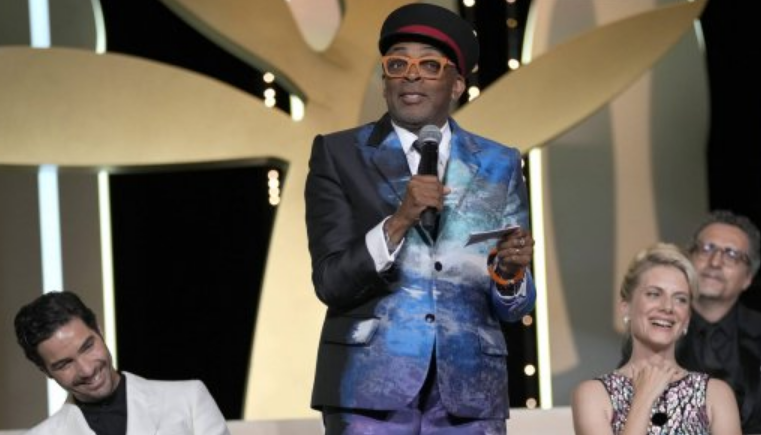This included the films that were competing for the Palme d’Or, which unsurprisingly went to a film directed by a woman but also quite shockingly to a trashy and – some might even say – gory film, the very beautiful and disturbing Titanium by the young Frenchwoman Julia Ducournau.
What was true in general was also true for Africa and thus people were expecting, given the quantity and quality of the works selected as well as Senegal’s Mati Diop’s presence on the jury, an exceptional 2021 festival for Africa. Once again, people were somewhat disappointed.
Two African films in competition
When the festival’s official selection was announced at the beginning of June, many were pleased to see that two African films were competing for the Palme d’Or – a first in many years. These films were Chad’s Mahamat-Saleh Haroun’s Lingui-Les Liens Sacrés and Morocco’s Nabil Ayouch’s Haut et Fort – Casablanca Beats.
The article continues below

Free download
Get your free PDF: Top 200 banks 2019
The race to transform
Complete the form and download, for free, the highlights from The Africa Report’s Exclusive Ranking of Africa’s top 200 banks from last year. Get your free PDF by completing the following form
Although these two renowned filmmakers received standing ovations from the audience in the huge Salle Lumière after their works were screened, with Haroun even receiving an unexpected hug from jury president Spike Lee, they left the festival empty-handed. Not that they did not deserve to win, as the films received a lot of favourable reviews from the international media present at Cannes. However, the jurors ended up being seduced by more accomplished, stronger and original works.
A consolation prize for Nabil Ayouch?
The fact remains that out of all the films selected, only six African films – nevertheless a record – were screened on the Croisette. Two of them won prizes, admittedly less prestigious ones than those awarded by the official jury, but nevertheless coveted.
Egypt’s Omar El Zohairy, a small bearded man who is a little shy when approached, pulled off a masterstroke with his first film, Feathers. This film tells the story of what happens to a disinherited family living in a gloomy suburb of Cairo when a magician transforms the somewhat tyrannical head of the family into a chicken.
With this highly original story – which is often funny and even a little disconcerting to say the least, despite its dramatic subject matter – Zohairy conquered the Croisette and left with both the Critics’ Week’s Grand Prize and the very demanding international press jury’s first film prize.
As for Ayouch, it’s a pretty safe bet that he took home the consolation “positive cinema” prize, which was awarded by Jacques Attali for Haut et Fort. But he must have been satisfied, quite rightly, with the reasons given for why he received this award for “a film that revolves around the notion of awakening consciences, those of young Moroccans, and that is intended to serve future generations.”
Grabbing attention
The other four African films present at Cannes, all of high quality, each held festival-goers’ attention in their own way. Either because of their originality (in particular, the oddball Neptune Frost, an Afrofuturist musical comedy full of anti-imperialist dialogue by the Franco-Rwandan Anisia Uzeyman and her American husband Saul Williams, presented as part of the Directors’ Fortnight selection), their beauty (Aïssa Maïga manages to capture the beauty of the Niger desert in her documentary on the effects of global warming, Marcher sur l’Eau, which was shown during the official selection’s special screening), their treatment of serious issues (shot in Djibouti, La Femme du Fossoyeur, the first film by Somalian Khadar Ayderus Ahmed, who lives in Finland, deals with a woman – and her partner with whom she is very much in love – who is awaiting a surgery that is only life-threatening because of a failing health system) or how they depict complex situations (Une Histoire d’Amour et de Désir by Leyla Bouzid, her second film which had the honour of closing the Critics’ Week).
There are also the successful films directed by members of the African diaspora (for example, the superb Freda by Gessica Généus, which celebrates the courage of the women of Haiti, and the very energetic Bonne Mère by Hafsia Herzi about a “courageous mother” from Marseille).
In any case, it is clear that Africa was very well represented at this very special edition of the world’s largest film festival. This is all the more promising because a good part of the works mentioned were shot by young filmmakers and were their first feature films, which means that they are likely to continue to impress.
